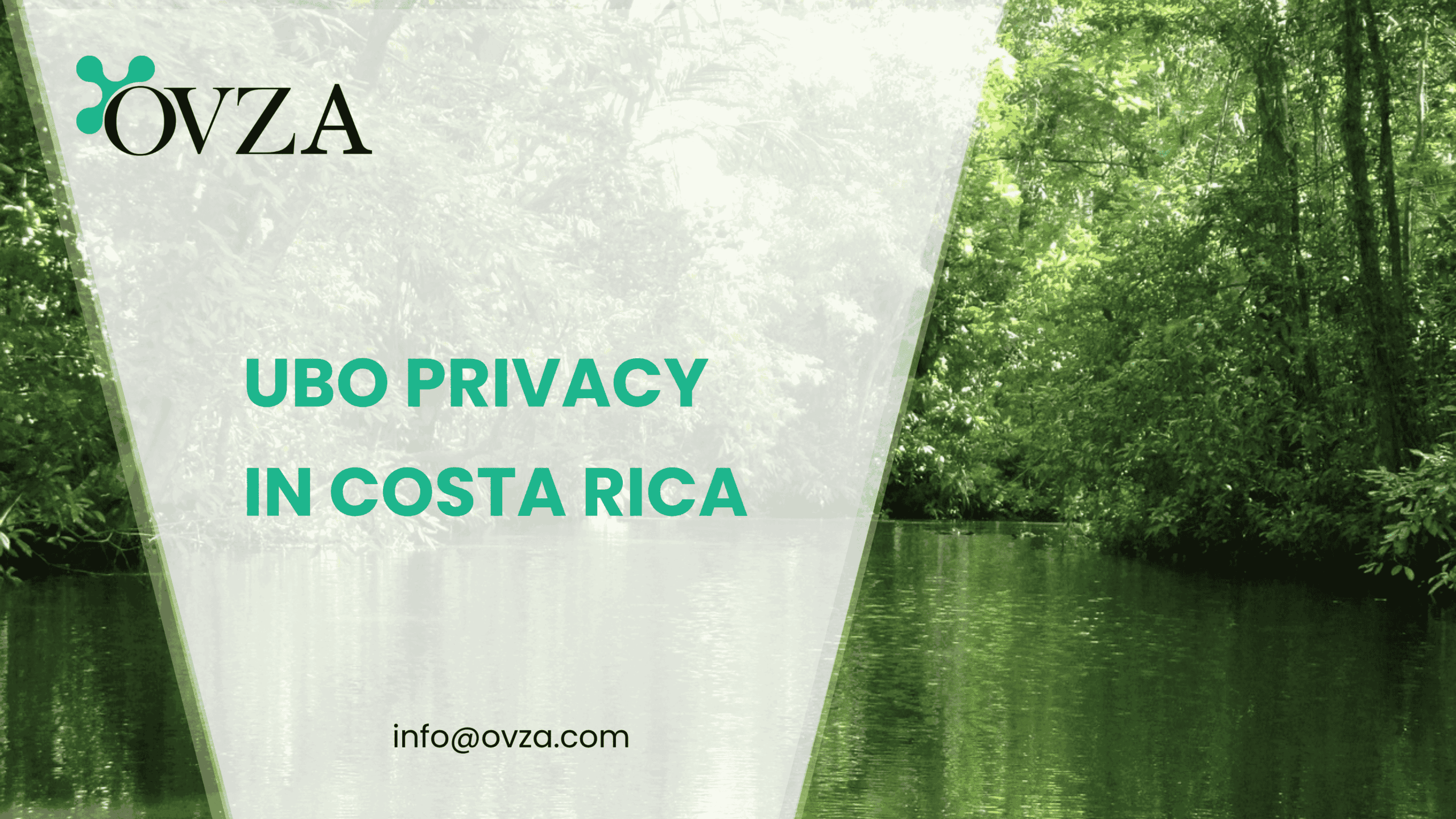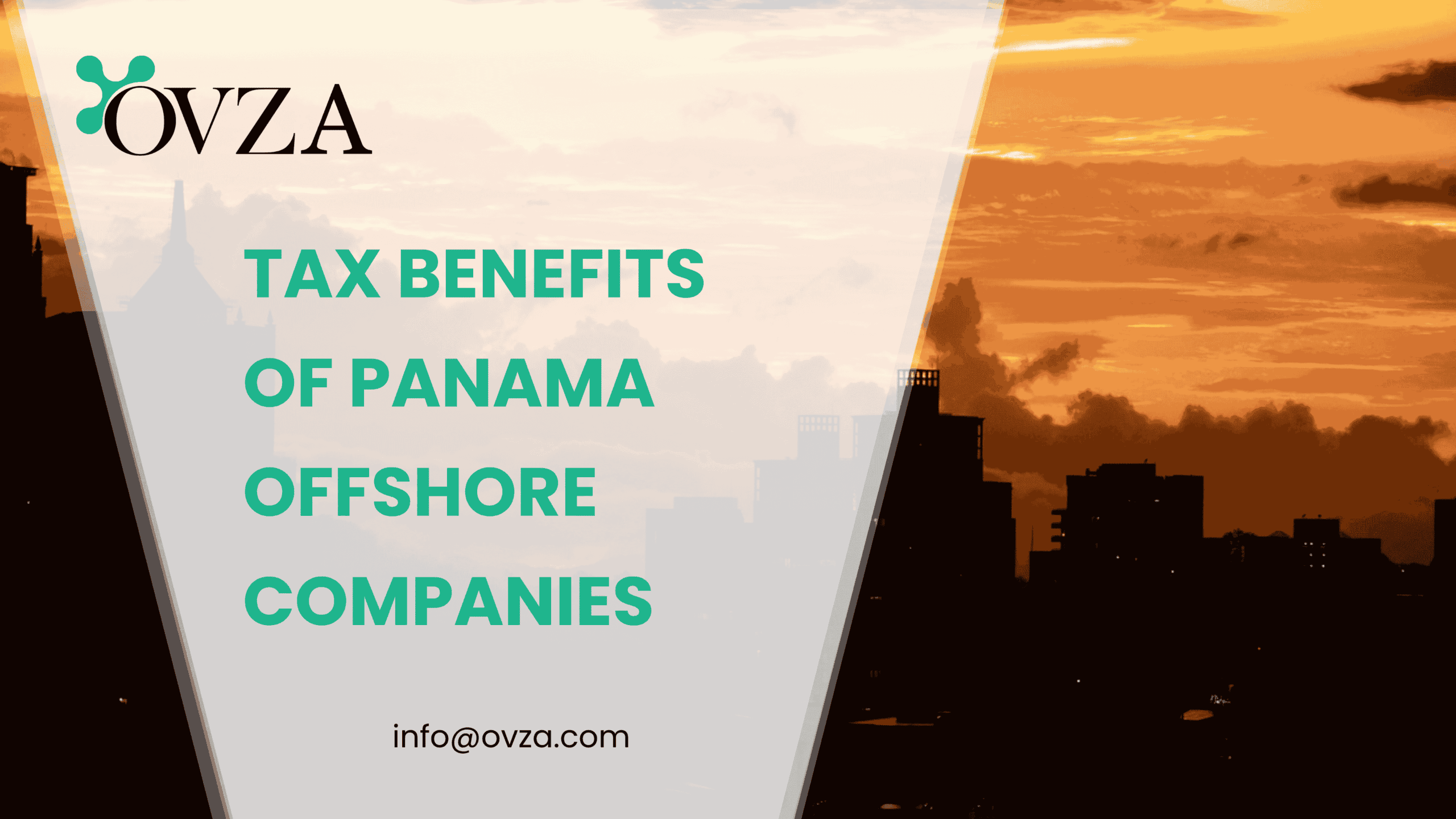Access to financial infrastructure is not equally available to everyone. Around the world, entrepreneurs, investors, and professionals face barriers to entry—not because of poor creditworthiness or legal issues, but because of where they’re from, how their names sound, or how their passports are ranked. Discrimination in global finance is real, and it’s deeply embedded in everything from banking risk assessments to compliance algorithms. In this environment, offshore companies have become more than just a business tool—they’ve become a gateway to fair and equal access.
Offshore structures allow individuals from underrepresented regions to operate internationally under neutral, legally recognized jurisdictions. Whether it’s a founder in Africa struggling to get Stripe access, or an investor in the Middle East facing blocked payments, the offshore world provides a path forward. It removes the origin bias that often accompanies domestic incorporation and replaces it with jurisdictional neutrality. An IBC in the British Virgin Islands or a Nevis LLC doesn’t carry the same geopolitical weight—or stigma—as a company registered in a sanctioned or high-risk country.
The Global Banking System Is Not Neutral
Many traditional financial institutions use rigid risk models that automatically penalize businesses based on nationality or location. Founders from countries outside the EU, UK, or U.S. often find themselves blacklisted from basic services—unable to open merchant accounts, raise capital, or even process international payments. These decisions are not made on merit, but on algorithms and regulatory pressure that disproportionately impact the Global South.
For instance, compliance systems that flag “high-risk” jurisdictions often do so based on outdated political or economic data, lumping entire regions into a generic red list. A perfectly legitimate business in Lebanon or Zimbabwe may be denied banking access simply because of where it operates or what passport its owner holds. In some cases, individuals are de-banked with no explanation—just a vague mention of “risk policy.”
Offshore incorporation helps bypass these barriers. By registering a company in a well-recognized, tax-neutral jurisdiction like the British Virgin Islands, Seychelles, or Belize, entrepreneurs can gain access to banking, payment processing, and legal protections they would otherwise be excluded from. The offshore company becomes a shield—not just for assets, but against prejudice embedded in financial systems.
Equal Access to the Global Market
Offshore companies level the playing field. They allow a founder in Nigeria to operate an e-commerce store with the same infrastructure as someone in Germany. They enable a crypto trader in Turkey to manage assets under a secure and globally accepted legal framework. They let digital consultants in Pakistan, Brazil, or Egypt build SaaS businesses and bill international clients without being flagged or blocked by financial intermediaries.
More importantly, these companies enable the creation of bank accounts in regions that are otherwise closed to entrepreneurs from “non-Western” backgrounds. Through offshore structuring, clients can access banks in the Caribbean, Europe, or the Asia-Pacific region—often with multi-currency accounts and debit card functionality. These aren’t loopholes. They’re legal, vetted processes designed to give access where traditional systems refuse to do so.
The result is not evasion—it’s participation. Offshore company formation empowers people who are systematically excluded from global finance. It allows them to register a company, open a bank account, build credit, and scale businesses across borders—without being judged by nationality, surname, or region.
Offshore Structures Don’t Just Protect Wealth—They Protect Identity
For minority founders, politically exposed individuals, or entrepreneurs in jurisdictions under surveillance, offshore companies provide something that most local systems do not: the right to operate without constant suspicion. In many regions, even success is treated as a red flag. Young business owners with growing incomes face audits, interference, or unjustified scrutiny simply because they don’t “fit the mold.”
With an offshore company, the legal structure speaks for itself. A licensed company incorporated in Anguilla or the BVI is treated with the same legal dignity as any other entity, regardless of who owns it. It can enter contracts, sign agreements with payment providers, access escrow and banking platforms, and scale globally without carrying the identity of the founder into every transaction.
This is particularly meaningful for individuals who are racially profiled or regionally disadvantaged in global financial compliance systems. A tech entrepreneur from Armenia, a consultant from Nigeria, or a software developer from Bangladesh may each face significantly more barriers in onboarding, verification, and banking access than their peers from more privileged jurisdictions. Offshore structures provide a neutral legal vehicle—one that is judged on its jurisdiction, not the founder’s surname or country of origin.
It’s not just about protecting assets—it’s about protecting the right to build, grow, and transact without systemic interference.
Offshore Isn’t Just for the Wealthy
There is a misconception that offshore structures are a tool for the ultra-wealthy. In truth, many offshore clients are freelancers, e-commerce sellers, digital nomads, and self-funded founders—individuals with no access to venture capital or domestic support systems. For these entrepreneurs, offshore incorporation is often the only way to establish an international presence, receive payments globally, and protect their early-stage earnings from local volatility or targeted scrutiny.
These structures are relatively affordable—often less than the cost of incorporating in the U.S. or UK—and offer better protections. More importantly, they are inclusive. A sole founder in Georgia or Kenya with a solid product can operate globally under a Belize IBC, open a multi-currency account through a Caribbean or European bank, and scale without waiting for institutional approval or investor credibility.
Offshore as a Tool for Inclusion, Not Evasion
It’s important to separate the public narrative of offshore from the practical reality. Much of the criticism aimed at offshore companies is rooted in misconceptions—namely, that they exist solely to facilitate tax evasion or hide wealth. In reality, the vast majority of offshore structures are formed for entirely legal, transparent purposes: cross-border trade, asset protection, investment holding, or simply to gain access to global financial tools that are otherwise out of reach.
For individuals in developing economies or structurally biased systems, the ability to incorporate offshore is not just a strategy—it’s a necessity. Offshore companies offer a workaround to deeply entrenched barriers in traditional finance. They are one of the few tools available to fight global inequality at the structural level, giving individuals the same corporate voice and recognition that large entities enjoy by default.
Regulated offshore jurisdictions like BVI, Seychelles, and Nevis require KYC, AML, and proper documentation. These are not rogue operations—they are recognized players in international commerce, offering legally compliant pathways for entrepreneurs who would otherwise be excluded.
By offering a standardized framework—regardless of one’s country of birth or passport status—the offshore world provides what many onshore systems do not: a fair starting point.
Compliance, Transparency, and Respectability
Offshore success depends on doing it right. That means understanding and complying with international obligations such as FATCA, CRS, and beneficial ownership disclosure laws. It means filing documents correctly, maintaining clean corporate records, and using the company for a lawful, clearly defined business purpose.
Today, being offshore is not about secrecy—it’s about flexibility and access. When done properly, offshore incorporation is completely transparent to tax authorities and legal systems. What it blocks is not regulation—it blocks discrimination, bias, and arbitrary exclusion.
For clients in countries where local banking is unstable, legal systems are biased, or international credibility is hard to earn, this flexibility is essential. And for global professionals, it’s increasingly becoming a standard way to operate—just as setting up in Delaware is for a startup in San Francisco.
Conclusion
Offshore companies aren’t just tools of strategy—they’re tools of dignity. They allow entrepreneurs from underrepresented, overlooked, or misunderstood regions to enter the global economy without having to beg for permission. They turn “no” into “access granted,” and let ideas speak louder than prejudice.
As the world moves toward inclusion in theory, the offshore world is quietly delivering it in practice. And for many, it remains the only path to fair and equal participation in global business.
Disclaimer: The information provided on this website is intended for general reference and educational purposes only. While OVZA makes every effort to ensure accuracy and timeliness, the content should not be considered legal, financial, or tax advice.










